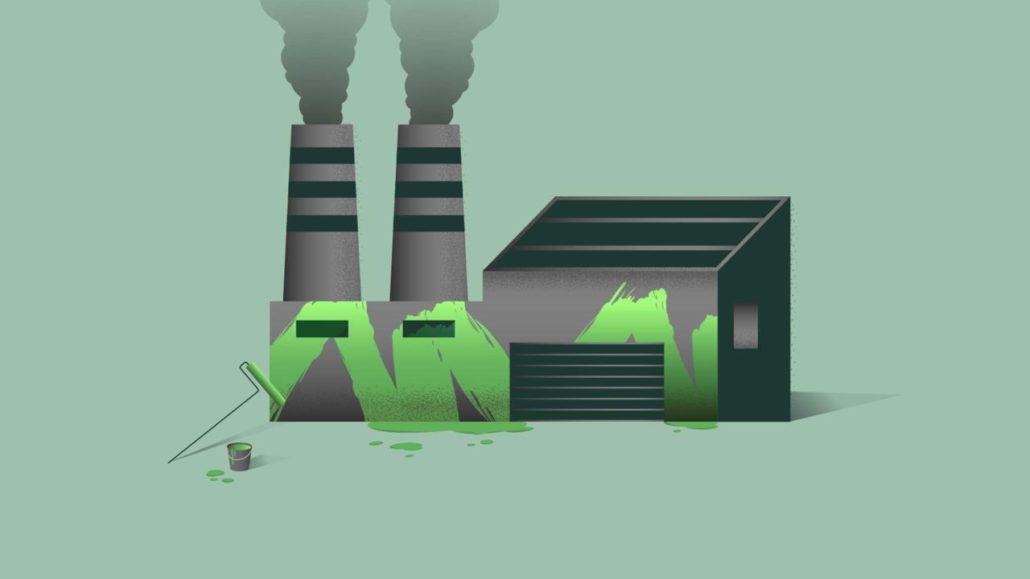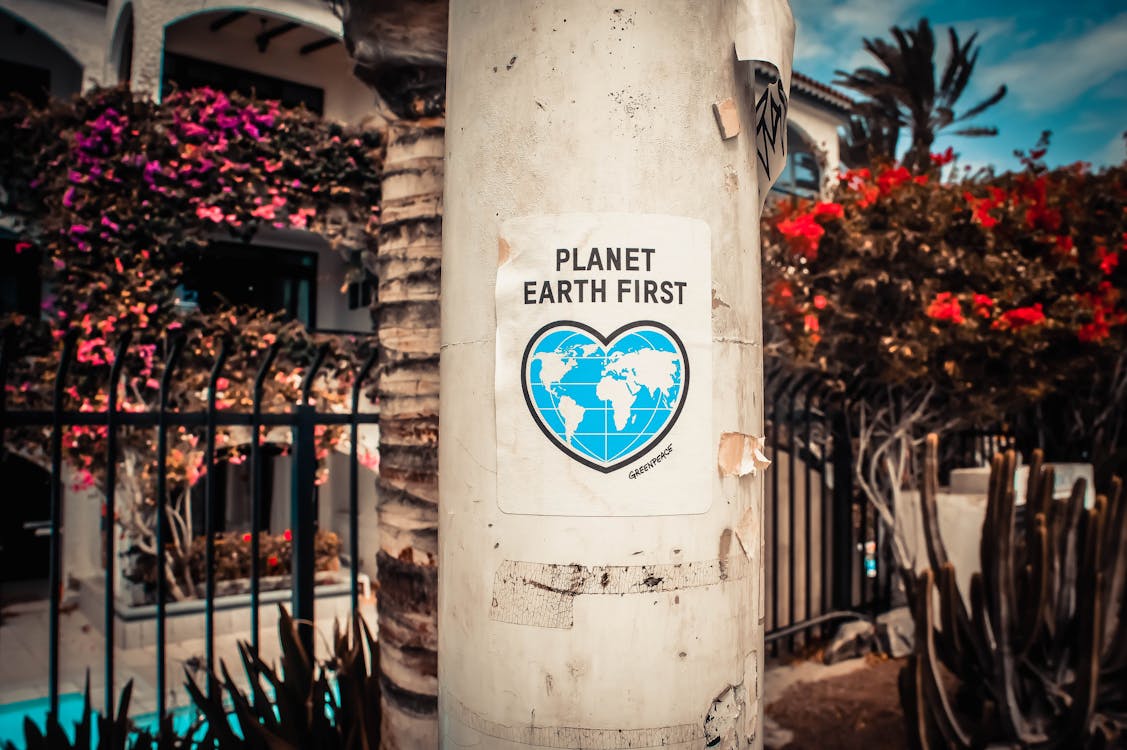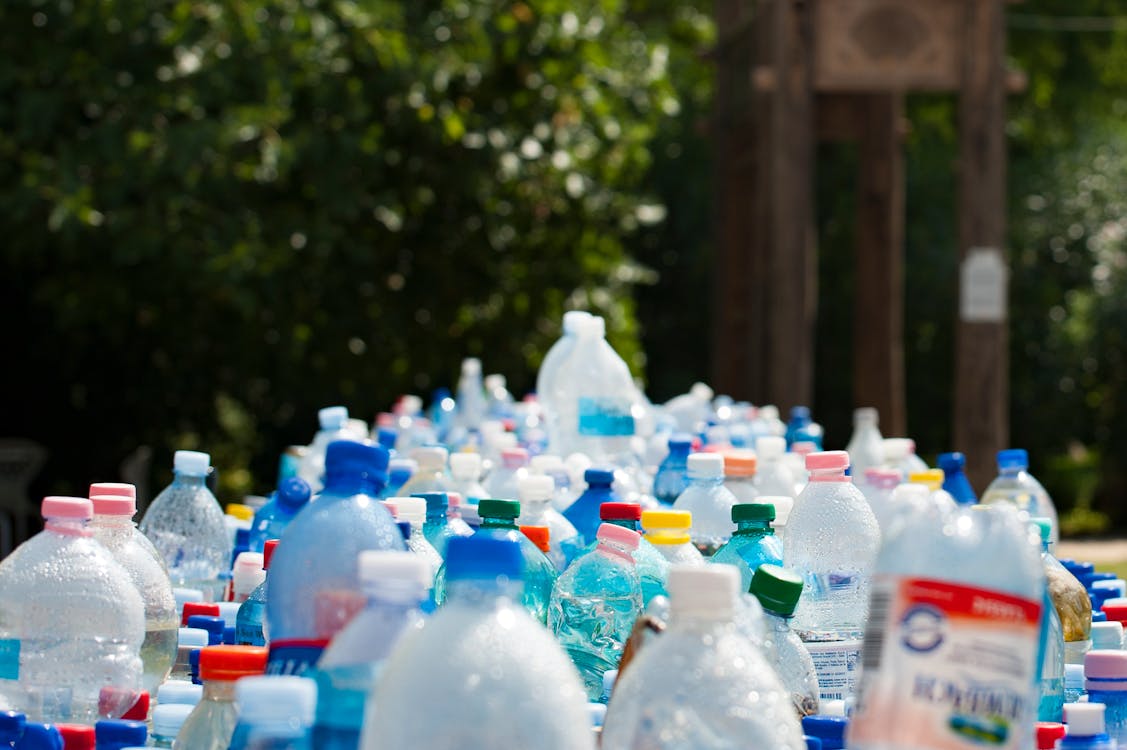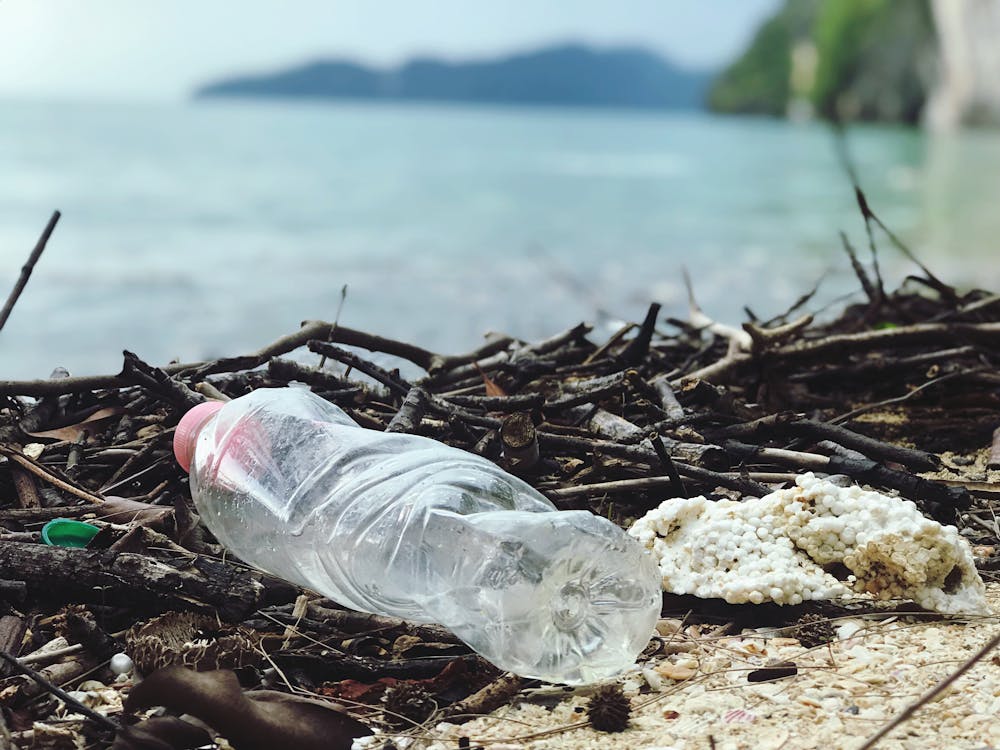Top 12 eCommerce Website Features
Functionality, design, and distinctive eCommerce platform features are crucial for eCommerce websites. It’s important to consider which eCommerce platforms are most likely to help you...
Puiblished: Oct 14, 2022 Updated: Jul 16, 2024
Many big companies are involved in Greenwashing which entails misguiding their clients regarding ecological measures a company takes. Read on to learn about how you can avoid Greenwashing.

Environmental, social, and governance fund managers can attest to the fact that being green is not simple. Several other investors would also. Regulators, both domestic and international, are putting more pressure on businesses that use environmental, social, and governance (ESG) as a ruse to take advantage of well-meaning investors. This type of investing is also known as “greenwashing.” Thus, how can investors determine whether the funds they own align with their environmental and social values? Let’s examine this in detail to see how these businesses avoid greenwashing.
Greenwashing is the practice of an organization using more resources—both financial and human—to promote its environmental friendliness rather than to lessen its influence on the environment. It’s a dishonest marketing ploy employed by businesses to inflate the extent of their ecologically beneficial initiatives. Its purpose is to deceive customers who favor purchasing goods and services from brands that practice environmental responsibility.

Over the past 20 years, greenwashing has evolved, but it is still prevalent. As more people throughout the world adopt environmentally friendly activities, businesses face an increase in lawsuits alleging false environmental benefits.
The phrase first appeared in the 1960s when one of the most obvious instances of greenwashing was created by the hotel sector. To protect the environment, they requested that guests reuse their towels. The hotels profited from decreased laundry expenses.
Some of the largest carbon polluters in the world, including traditional energy firms, have made an effort to reposition themselves as environmentalists in more recent times. Greenwashing is the process of changing the name, rebranding, or repackaging products. Products that have been given a green makeover may give the impression that they are healthier, more natural, or chemical-free than rival brands.
Businesses have been guilty of greenwashing by highlighting their clean energy or pollution-reducing initiatives in press releases and advertisements. It’s possible that the business isn’t committing to green projects. Put simply, greenwashing refers to the practice of businesses making unfounded claims about the environmental safety of their products.

The practice of giving the wrong idea or providing deceptive information about how environmentally friendly a company’s products are is called “greenwashing.” Making a vague claim to trick customers into thinking a company’s products are greener or have a bigger beneficial effect on the planet than they truly do is known as “greenwashing.”

Greenwashing can also happen when a business tries to draw attention to a product’s sustainable features to hide its engagement in unethical environmental actions. It is carried out using the use of environmental imagery, deceptive labels, and hidden tradeoffs. It’s possible that consumers aren’t always aware of greenwashing in the media and corporate advertisements. This is true even though some of the largest companies on the planet have been charged with using the tactic.
Greenwashing, in any case, is a damaging and dishonest technique of misrepresenting a company’s sustainability. Here are some businesses that have been exposed as greenwashers in a variety of ways:
An automotive company’s admission that it had rigged emissions testing by installing “defect” devices in several cars, along with software that could recognize when the car was being tested and change its operation to lower the emissions, is a prime example of greenwashing. This was happening at the same time as the corporation was using marketing campaigns to highlight the low emissions and environmentally friendly attributes of their cars.
A large fossil fuel company rebranded itself with a new name to represent use of ‘green’ technologies and disclosed plans to install solar panels on their service stations. An environmental organization named ClientEarth filed a complaint against the company in December 2019 for deceiving the public with its ads highlighting the company’s low-carbon energy products, even though more than 96% of its yearly budget is allocated to oil and gas.
A top food & Beverage brand declared in a statement from 2018 that it had “ambitions” to have all of its packaging 100% recyclable or reusable by 2025. Environmental organizations and other detractors, however, drew attention to the fact that the business had not disclosed specific goals, a schedule to support its aspirations, or further initiatives to encourage customer recycling.

The Forest Stewardship Council, which a top furniture brand employs for wood certification, was called a company that greenwashes the timber business in a report published by the non-profit organization Earthsight. It was charged with neglecting to investigate and take action about the brand’s source of conflict wood. In addition, the brand constructed its “most sustainable store” to date in London in 2019 atop the foundation of a previous sustainable store that was destroyed after just 17 years of operation.
There was a bit of an uproar when a top fast food chain’s unveiled paper straws in 2019 only to discover that they couldn’t be recycled. Evidently, this was a prime example of a corporation feigning to solve a problem – in this case, plastic pollution – without actually taking any action, except for the practice of felling trees to create throwaway straws.
Putting a green label on a product to make it seem more sustainable or healthful is another cynical tactic used in greenwashing, as a top beverage brand did with a newer beverage product marketed as ‘healthier.’ The beverage, it turns out, was far from healthy at 6.6% sugar. There was no actual indication that drinking the beverage would have any less of a negative impact. While numerous companies are involved in Greenwashing, having the awareness of such tricks can help you spot greenwashers easily.
To build a lasting and genuine reputation for your brand, it is crucial to avoid greenwashing. Therefore, here are some significant ways to avoid Greenwashing:
Making exaggerated claims regarding a product’s sustainability initiatives or environmental impact is a typical “greenwashing” ploy. In turn, businesses should refrain from making exaggerated statements and be open about their environmental initiatives.
One of the most popular ways businesses engage in greenwashing is through the use of ambiguous or deceptive wording. For instance, it might be deceptive to use terms like “natural” or “eco-friendly” without providing any specific evidence to support the assertion. Express your company’s environmental impact reduction efforts in plain terms and with specific examples.
Many businesses convey their environmental friendliness through their branding by incorporating green imagery or colors. This strategy, nevertheless, may backfire if your business isn’t genuinely making efforts to be sustainable. Make sure any green imagery or color you choose is appropriate for your sustainability initiatives and not only for branding.
Selecting data points to validate their environmental assertions is another method used by businesses to participate in greenwashing. Be open and honest about your sustainability initiatives, and be prepared to admit when your business needs to make improvements, to prevent this.

The dishonest technique of promoting a false feeling of environmental responsibility often through deceitful marketing and claims is known as “greenwashing.” The purpose of this calculated move is to avoid putting sustainable measures into practice while simultaneously taking advantage of the increasing demand for eco-friendly practices and products.
Investors watch out for ESG compliance while making investments, much as environmentally concerned consumers demand sustainable activities. Fundamentally, greenwashing is the practice of portraying a business or its offerings as more ecologically friendly than they are. This can take many different forms, like making exaggerated claims about the contents of products, recycling initiatives, lowering carbon emissions, or a general dedication to sustainability.
While some businesses fund environmentally beneficial projects, others use the public’s passion for sustainability as a sales pitch. This deceives customers and thwarts respectable initiatives to deal with urgent environmental issues.

The following are some companies that were called out for their Greenwashing examples:
Companies that name their plastic water bottles with nature are engaging in a more subdued type of greenwashing. Knowing that plastic water bottles are made to be single-use items and are a major source of the global plastic waste problem, is absurdly ironic.
As part of its environmental campaign, a top coffee brand introduced a “straw-less lid” in 2018. However, compared to the previous lid + straw combo, this lid contained more plastic. Although it is constructed of polypropylene, a widely acknowledged recyclable plastic that “can be captured in recycling infrastructure,” the business did not contest this.
The fast-food restaurant business launched a program in 2019 to cut back on the use of single-use plastics in its establishments. The primary goal was to fully switch out all plastic straws with recyclable paper replacements in all of the company’s UK restaurants. One fast-food chain’s advertising was a huge success since it showed them as a major player in reducing plastic waste and encouraging sustainable alternatives. However, the paper straws that the corporation is now using instead of the plastic ones are still not recyclable.
When it comes to recycling, a leading home espresso-maker brand also stretched the truth. The truth is a little bit different, despite the company’s assurances to the public that their single-use coffee pods are environmentally friendly and composed only of recyclable components. The idea that the pods might potentially be recycled has some validity. But, to recycle them effectively, specialized equipment is required, which ordinary recycling facilities lack.

Greenwashing is a notable and fraudulent activity often carried out by big and small brand companies to gain a false reputation. Therefore, it is crucial to be mindful and aware of such practices. If you require data management tools to enhance your website to create a stagnant brand image, contact us at Pimberly for the best services in town.
Take a deeper dive
Get your personalized session with our PIM experts today and start your growth journey with Pimberly.
We’ll walk you through how you can:
Book a Demo


